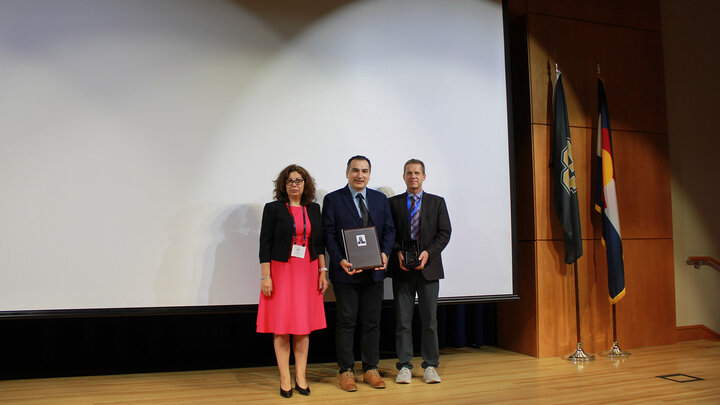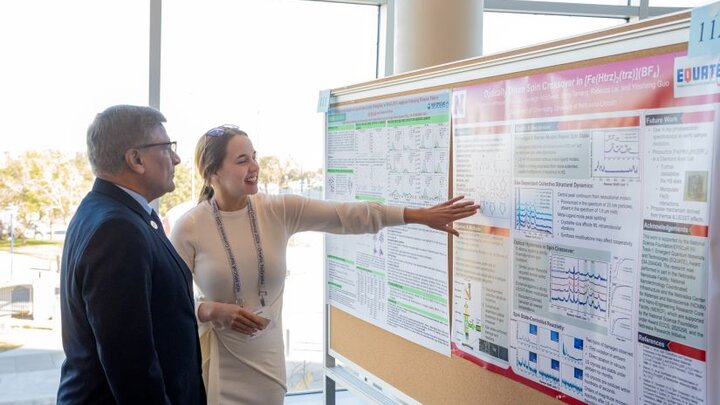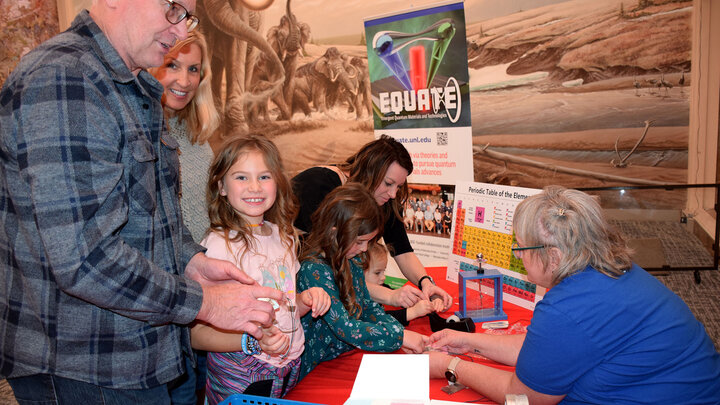The Stanford/Elsevier Top 2% Scientists List is a comprehensive analysis of all peer-reviewed papers across scientific disciplines. It measures the significance of the research, including how often each study is cited in the work of other scientists. The publication is the definitive list of research that has made the most significant impact across each field of study.
“This list highlights the exceptional strength of UNL faculty and the transformative impact of their groundbreaking research, both in Nebraska and globally,” said Sherri Jones, interim vice chancellor for research and innovation. “It is a recognition that underscores the significance of our university’s research efforts and serves as a cornerstone for advancing our ambitious vision for the future.”
Current and former UNL researchers on the 2024 ranking include 61 from the College of Agricultural Sciences and Natural Resources; 53 from the College of Arts and Sciences; 45 from the College of Engineering; 13 from the College of Education and Human Sciences; five from the College of Business; two from the College of Architecture; and one from the College of Fine and Performing Arts.
Stanford University partners with Elsevier, a Dutch publishing and analytics company, to generate the list annually. The team uses data provided by Scopus, a source-neutral abstract and citation database.
Each scientist is assigned a score based on a variety of metrics, including h-index (a measurement of the impact and productivity of an author or group of authors) and adjusted citation counts. Scientists are classified into 22 scientific fields and 174 sub-fields according to the standard Science-Metrix classification.
The most current list provides a complete overview of citation year 2023, based on an Aug. 1, 2024, data snapshot from Scopus. An overview of the methodology is available here.
The following EQUATE researchers made the list
Christian Binek, Physics and Astronomy
Peter Dowben, Physics and Astronomy
Xia Hong, Physics and Astronomy
Rebecca Lai, Chemistry
Mathias Schubert, Electrical and Computer Engineering
Alexander Sinitskii, Chemistry
Evgeny Tsymbal, Physics and Astronomy.




